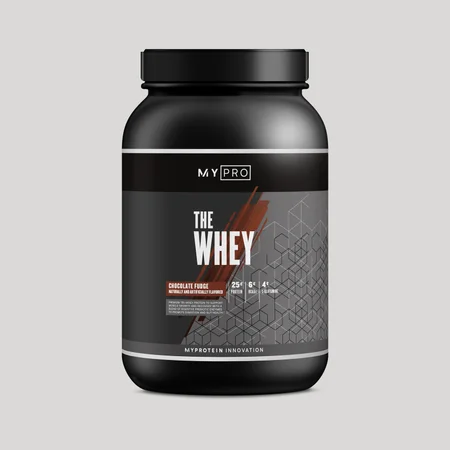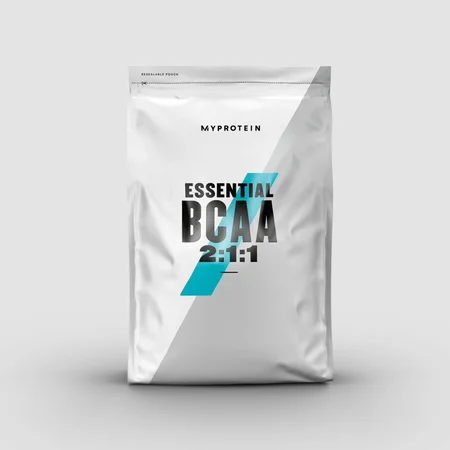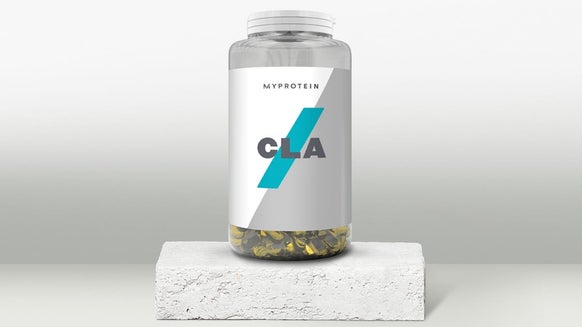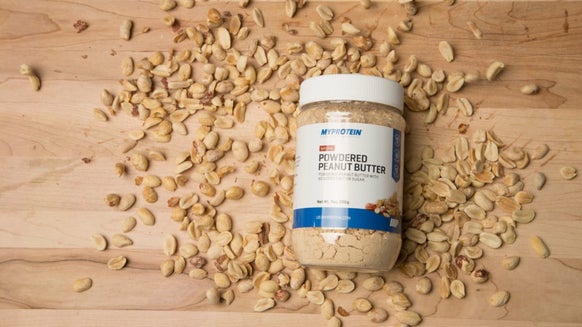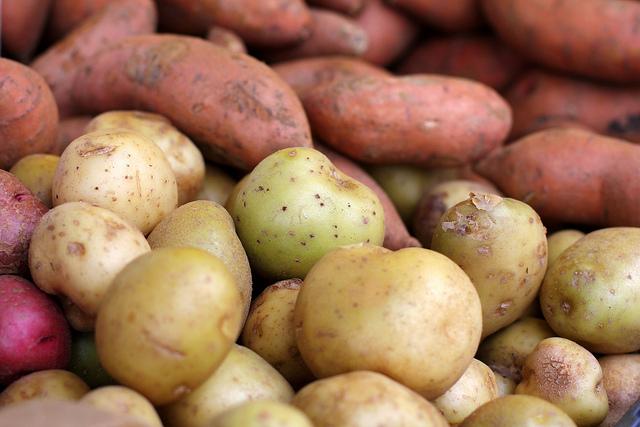
In this new age of the Glycemic Index and low carb diets, potatoes have been cast out into the shadows of “forbidden starchy carbs”. But if an individual had to choose between eating a white potato vs sweet potato, most would choose the sweet for the same reason as choosing brown rice over white rice, “The nutrients are stripped away in the white variety right?”
Not exactly.
It’s a common misconception that white potatoes contain overall less nutritive value than sweet potatoes and as I will discuss in this article, you can eat one or the other depending on your preference will little to no health detriment. Don’t believe me? Read on!

Sweet Potato vs White Potato: The Numbers
It is important to note here than a medium sized white potato is about 173 grams, while a medium sized sweet potato is about 114 grams.
Let's strip them down by comparing the macro and micro-nutrient numbers of a standard 100g serving size:
Macros
? Calories - both are almost equal, with a white potato having 93 calories and a sweet having 90.
Micros
| Micro-nutrient | Sweet Potato | White Potato |
| Vitamin A | 20,000 IU | 6 IU |
| Vitamin C | 20 mg | 10 mg |
| Folate | 6 micrograms | 30 micrograms |
One serving of sweet potato contains 400 percent of your daily vitamin A requirements in the form of Beta-Carotene which is very good for your eye health and immune system. But since this vitamin is fat soluble, it absorbs much better when it is eaten with some sort of fat whether it be from a meat source, dairy, or some sort of oil such as olive oil or coconut oil.
When talking about minerals white potatoes take home the gold, being a better source of iron and potassium than sweet potatoes. A white potato contains around a milligram of iron (which is more than it seems) and has about 535 milligrams of potassium. Sweet potatoes aren’t far behind though with 0.7 milligrams of iron and 435 milligrams of potassium.
Sweet Potato vs White Potato: Glycemic Index
Other reasons why the white potato has been pushed to the side comes from its high Glycemic index score. A regular baked white potato has a GI score of 111, which ranks even higher than pure glucose. But the lesser known number is that of the sweet potato, which has a GI score of 94 when baked and will theoretically still skyrocket your blood sugar levels almost as much as white potatoes. There is an alternative most of us don’t know of which is that of boiled white potatoes, coming in with a score of 82, actually lower than baked sweet potatoes.
It’s always important to keep in mind that these scores are based on fasted blood sugar levels, meaning if you were to eat your potatoes with other veggies and meat, the spike on your blood sugar will be significantly lower. Not to mention if you eat a healthy diet and exercise regularly, you shouldn’t even have to worry about the GI at all.
The only individuals who should even need to know the GI score of their food are diabetics who need to closely regulate their blood sugar levels to avoid crashing and spiking. For the rest of us, occasional blood sugar spikes will have no negative impact on your health and as long as you’re exercising to burn of the carbs you eat, they won’t be stored as fat, rendering the GI score basically irrelevant.
Take Home Message
The important message I’m trying to translate through this article is that: it doesn’t matter whether you eat white or sweet potatoes! It all comes down to personal preference and any argument over nutritional value or fat storage due to GI scores should no longer carry any weight.
The only benefit the sweet potato has over their pale skinned counterpart is the vitamin A content in them. Which still shouldn’t be an issue to get into your diet through other vegetable sources and/or a multivitamin.
All other nutrients are almost equivalent meaning if you enjoy your sweet potatoes with chicken and your white potatoes with beef, don’t be afraid to mix it up and eat what your heart desires!


